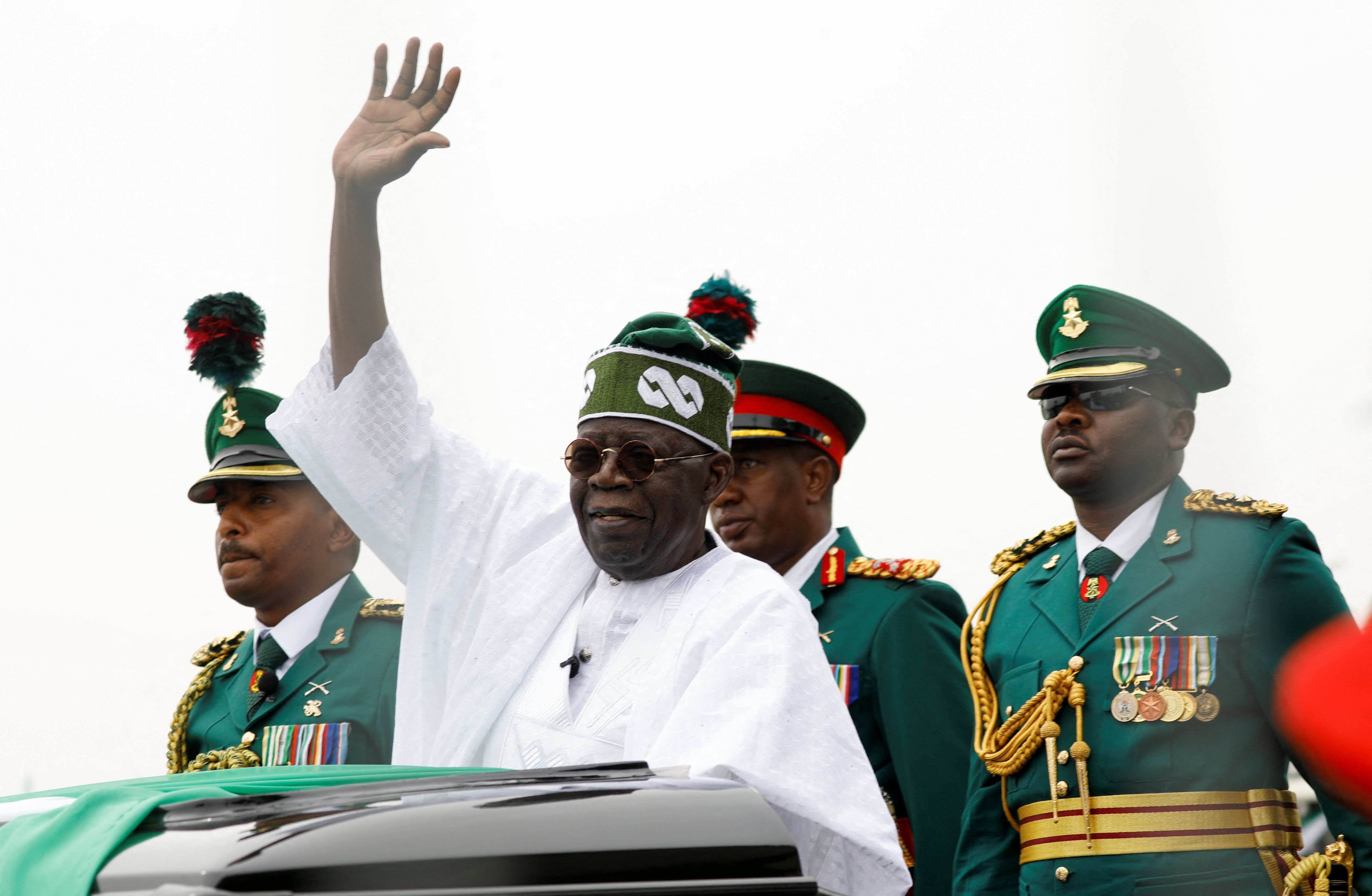5: On Monday, Bola Tinubu was sworn in as Nigeria’s fifth president since the country’s return to democracy in 1999. “The Godfather,” whose election victory is still being contested by the opposition, has promised to end costly fuel subsidies but must also tackle an ailing economy and rampant insecurity.
12: North Korea gave Japan a 12-day window (May 31-June 11) to prepare for the launch of its first military spy satellite. Tokyo responded by threatening to shoot down anything North Korean that enters its territory.
8: On Tuesday morning, residential blocks in Moscow were attacked by eight drones. Authorities blamed Ukraine for the first strike on civilian areas deep inside Russia since the start of the war. This comes less than a month after two UAVs were shot down over the Kremlin, which Moscow then claimed was an attempt to kill Vladimir Putin by Kyiv or Washington.
14: El Salvador's exiled former President Mauricio Funes was sentenced in absentia to 14 years behind bars for negotiating with gangs. Current strongman President Nayib Bukele has been accused of the same crime, but friendly lawmakers ousted the attorney general who was investigating the allegations.
2 million: A government official in drought-prone central India was
suspended after ordering that 2 million liters (440,00 gallons) of water be drained from a reservoir to retrieve his smartphone. The device, which the official dropped while taking a selfie, was found but was beyond repair.
